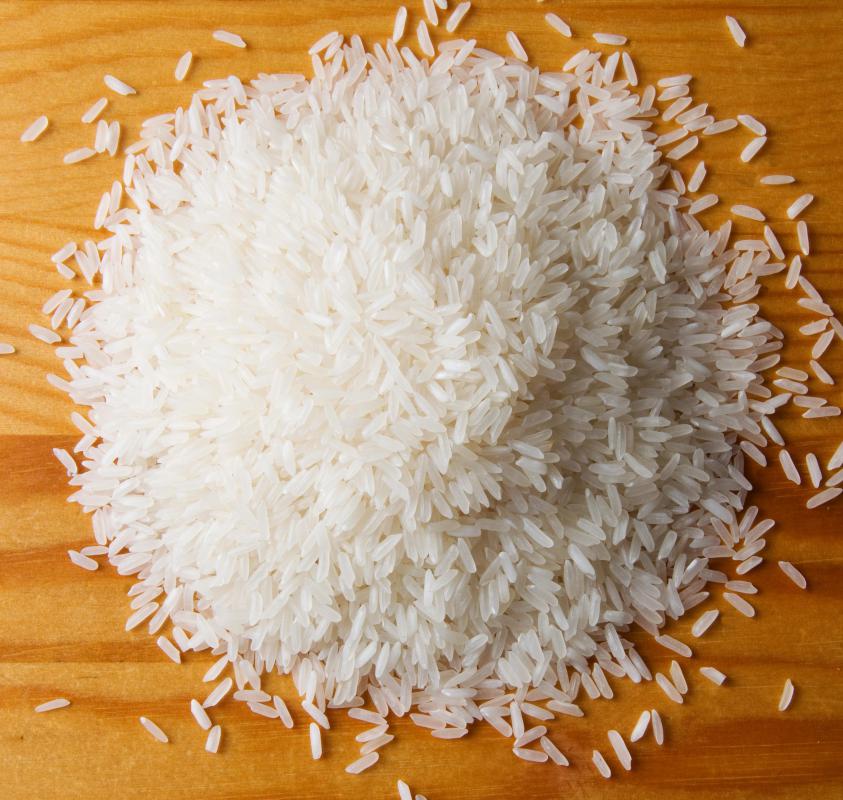At TheHealthBoard, we're committed to delivering accurate, trustworthy information. Our expert-authored content is rigorously fact-checked and sourced from credible authorities. Discover how we uphold the highest standards in providing you with reliable knowledge.
What is Beriberi?
Beriberi is a vitamin deficiency caused by insufficient intake of thiamine, also known as vitamin B1. Thiamine plays an important role in the human body, helping to regulate the metabolism, process carbohydrates and glucose, and produce energy. Treatment for a deficiency of this vitamin involves administration of thiamine, along with magnesium, which helps thiamine to function. Once the patient is stabilized, therapy to treat residual symptoms can be undertaken.
There are five types of this deficiency. Wet beriberi involves the cardiovascular system, and is characterized by difficulty breathing, a rapid heart rate, congestion of the lungs, and an enlarged heart and liver. Edema, a swelling of the limbs with fluid, is also associated with the condition. Shoshin is a wet form with a rapid onset, and it is often fatal.

Dry beriberi is a nervous system manifestation of the deficiency, and it includes numbness, difficulty walking, trouble balancing, speech problems, and cramping. Wernicke-Korsakoff Syndrome is a dry form that is related to alcoholism. Alcoholics often have poor nutrition, and alcohol also interferes with the function of thiamine. The fifth form, infantile beriberi, occurs in children who are breastfeeding from thiamine deficient mothers.

The disease is an endemic problem in Asia, due to the practice of “polishing” rice after it has been husked. Husking rice to make white rice removes most of the thiamine-rich outer casing, and polishing it removes the rest of the thiamine. Among poor laborers who eat a limited diet, thiamine deficiency is unfortunately quite common. Other sources of the vitamin include legumes, pork, and other whole grains, all of which can be difficult for people in poverty to obtain.

Westerners first observed and documented beriberi in the 1600s among Asian workers in their colonies. The disease is relatively rare in most industrialized countries because there are abundant sources of vitamin B1 in the Western diet. The name of the disease comes from a Sinhalese phrase meaning “I can't, I can't,” a reference to the debilitating symptoms of advanced cases.

The disease can be difficult to diagnose, as many things can lead to similar symptoms. Often, the condition is only revealed after supplements are administered. After the patient's diet has been addressed, physical therapy and other treatments are undertaken to deal with the neurological and physical damage.
AS FEATURED ON:
AS FEATURED ON:















Discuss this Article
Post your comments